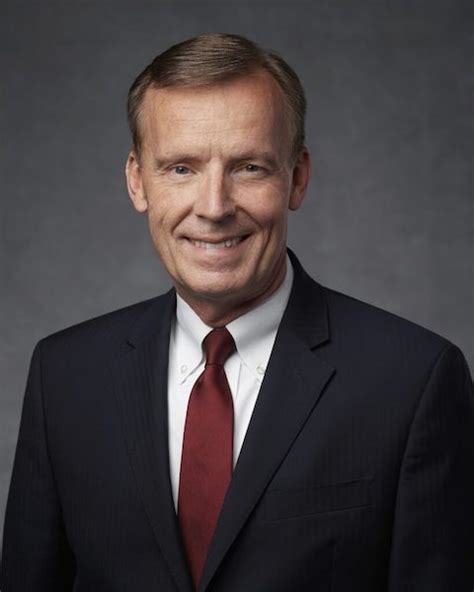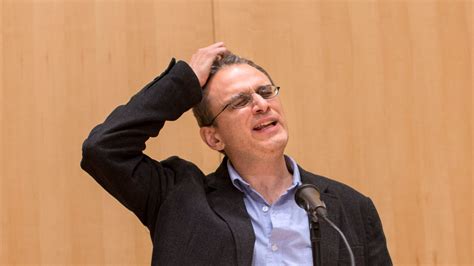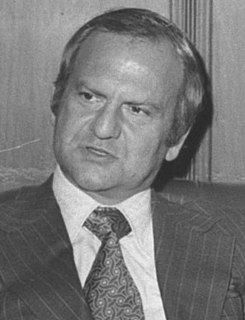A Quote by David D. Burns
Learning to accept failure on multiple levels is, to my way of thinking, the key to become a world-class therapist. But that means humility, and setting your ego aside, while you develop superb new technical skills.
Related Quotes
Scott Adams is not only a world-famous cartoonist, he's also a world-class failure. And he's the first to admit it. In his new book, 'How to Fail at Almost Everything and Still Win Big,' the Dilbert creator explains how failure can lead to success if you develop the right skills to make the most of your mistakes.
The reality is just the opposite: the master does nothing. It is in your becoming a disciple that the whole mystery lies. It is in your surrender of the ego that the whole search comes to an authentic point. It is in putting your mind aside. That is what sannyas is: an authentic discipleship. It means putting your mind aside. You have lived according to your mind up to now. If that is fulfilling, then there is no need for anybody to become a sannyasin.
Cognitive skills such as big-picture thinking and long-term vision were particularly important. But when I calculated the ratio of technical skills, IQ, and emotional intelligence as ingredients of excellent performance, emotional intelligence proved to be twice as important as the others for jobs at all levels.
If someone were to ask whether communications skills or meekness is most important to a marriage, I'd answer meekness, hands down. You can be a superb communicator but still never have the humility to ask, 'Is it I?' Communication skills are no substitute for Christlike attributes. As Dr. Douglas Brinley has observed, 'Without theological perspectives, secular exercises designed to improve our relationship and our communication skills (the common tools of counselors and marriage books) will never work any permanent change in one's heart: they simply develop more clever and skilled fighters!
Pride is a terrible and dangerous thing. It can take so many forms; it can even assume the appearance of humility. Pride can lead not only to self-exaltation, but also to self-abasement. The key to battling pride is not found in struggling against thinking too highly of ourselves or in striving to think of ourselves as lowly. The key is found in simply not thinking about ourselves at all, but setting our minds on Christ and the needs of others.
The new way of thinking, spawned by the cognitive revolution, shows strong promise. Reversing previous doctrine in science, the new paradigm affirms that the world we live in is driven not solely by mindless physical forces but, more crucially, by subjective human values. Human values become the underlying key to world change.
From what I've seen, you either get grounded in that kind of positive thinking early on in life or you don't. Establishing priorities and using your time well aren't things you can pick up at the Harvard Business School. Formal learning can teach you a great deal, but many of the essential skills in life are the ones you have to develop on your own.
One of the key skills you'll need to bring change to the world will really test your creativity, as well as your sanity, your patience, and your resolve. It has to do with how to take your dream and make it as real as possible. It doesn't really matter what your dream is, "going big" means doing it to the utmost. To do that, you need one thing: other dreamers to share your dream. If you learn to make your dream a team effort, you'll find the key to growing big.






































